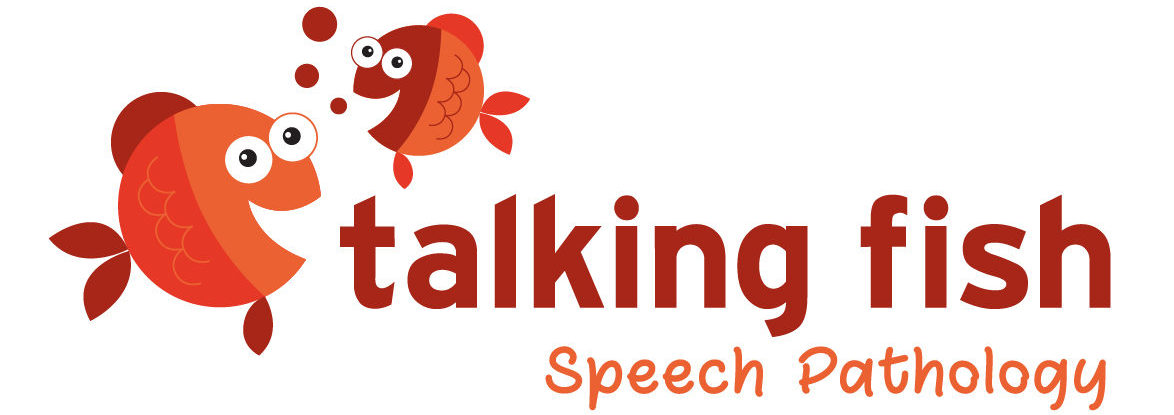Developmental Language Disorder
Developmental language disorder (DLD) is a communication disorder classified as persistent difficulties understanding and/or using language. People with DLD do not typically have any other diagnoses to explain their language difficulties (such as Autism Spectrum Disorder). This means that DLD often goes unnoticed in the classroom and students can go years without receiving the appropriate help.
Characteristics
Diagnosis
- Ongoing difficulties with the use and understanding of language (vocabulary, grammar, idea generation, following instructions etc.) that does not resolve after 5 years of age.
- Social communication challenges impacted by difficulties understanding spoken language and self-expression.
- Word finding difficulties and difficulty learning new words.
- Difficulty following instructions.
- Difficulties comprehending spoken or written language. This impacts reading comprehension and people with DLD often receive a diagnosis of Dyslexia.
- Disengaging with academic content due to a reduced ability to participate and access curriculums.
- Difficulties with written language and expression. This may impact the ability to generate diary entries, creative stories or essays.
- DLD diagnosis is completed by a team of healthcare professionals. Specifically, psychologists, educational specialists, and Speech Pathologists.
- Assessments may involve: Cognitive assessment, educational assessment, standardised language assessment.
Supports
- Children with DLD will require support and modifications to access their school curriculum. This may include extended assessment times, 1:1 examinations with a support person, visual representations of words in the form of a mind-map, or having word lists sent home in advance to allow pre-teaching of concepts.
- Children with DLD have many strengths. It is crucial that children with DLD are taught and encouraged to complete their work in a method that works for them. For example, rather than a diary entry, children may be encouraged to verbally recite their entry and have the teacher write it for them, or write their story in a visual mind-map format to allow them to clearly express their thoughts.
- Speech pathologists can support individuals with DLD to increase their ability to communicate and understand various aspects of language. Therapy may be targeted to specific interests or goals that the individual might have around their language abilities (comprehension, vocabulary etc.).
Resources
For more information, you can head to:
